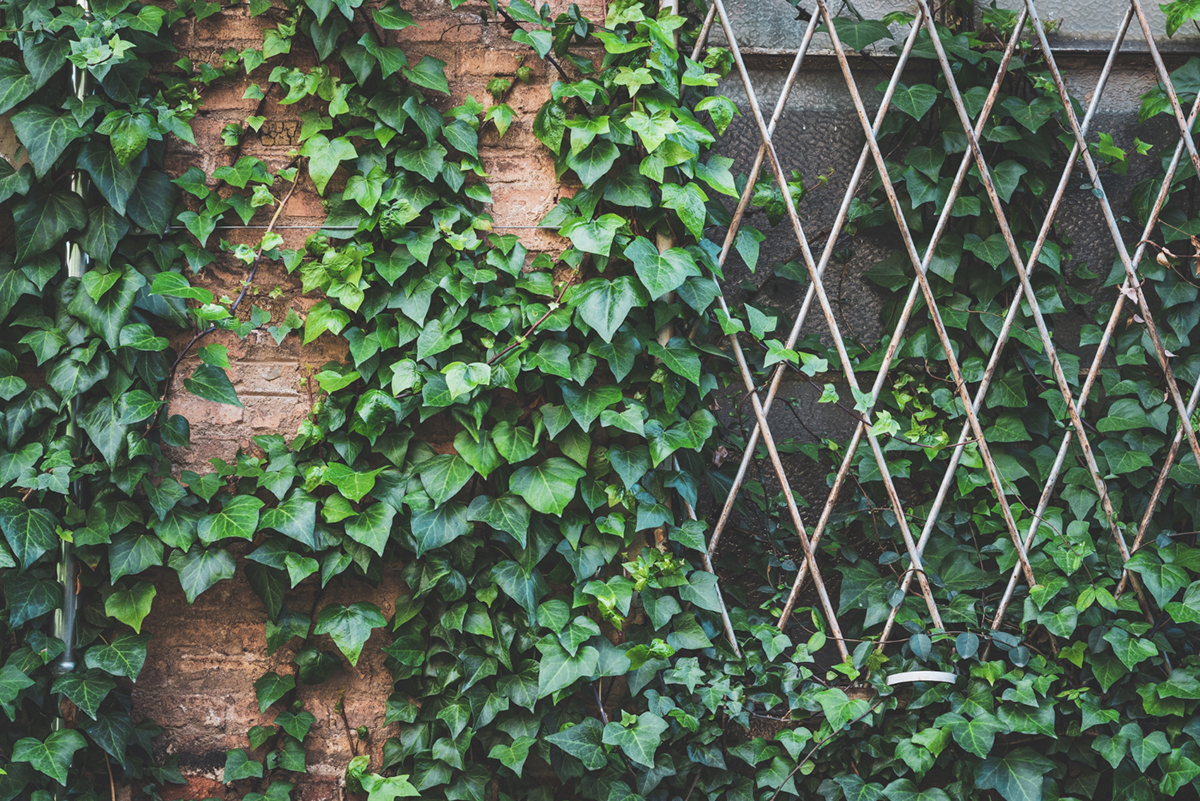Safe Climbing Plants for Your Fence

Your fence is an important part of your home. It provides privacy, security, and even aesthetic appeal. But have you ever considered adding climbing plants to your fence? Climbing plants not only add a beautiful touch to your fence, but they can also provide additional privacy and can even help with cooling your outdoor space. However, not all climbing plants are safe for your fence. In this blog, we'll discuss some safe climbing plants for your fence.
Clematis
Clematis is a popular climbing plant that blooms beautifully in the spring and summer. It's perfect for fences as it grows quickly and can cover large areas. Clematis climbs by wrapping its leaf stalks around fences or other supports, so no additional hardware is necessary. When caring for your clematis, be sure to keep the roots shaded and the foliage in the sun.
Wisteria
Wisteria is another well-loved climbing plant that is perfect for fences. It's known for its beautiful, fragrant blooms and can add some serious eye-catching appeal to your fence. Wisteria requires sturdy hardware to support its weight, so be sure to use strong, durable materials when attaching it to your fence. Additionally, be sure to keep your wisteria well-watered and pruned to prevent overgrowth.
Honeysuckle
Honeysuckle is a great climbing plant for those seeking privacy. It's fast-growing and can cover your entire fence in just a few years. Honeysuckle boasts lovely vines and scented flowers that will attract hummingbirds and butterflies to your garden. When planting honeysuckle, be sure to choose a spot with plenty of sun and well-draining soil.
Jasmine
Jasmine is a popular climbing plant known for its beautiful white flowers and sweet aroma. It's perfect for fences as it grows quickly and is low maintenance. Jasmine requires hardware to support its growth, such as wires or trellises. Be sure to fertilize your jasmine regularly, and don't overwater it as it can lead to root rot.
Climbing roses
Climbing roses are a classic choice for fences, providing beautiful blooms and a sweet fragrance. They require sturdy supports such as trellises, wires or pergolas as they are heavy and need a considerable amount of support. When planting climbing roses, be sure to give them enough space to grow and prune them regularly.
Conclusion
Adding climbing plants to your fence is a great way to add some privacy and beauty to your outdoor space. However, it's important to choose safe climbing plants that won't damage your fence or pose a risk to your home. The above choices are some of the best options for climbing plants that are safe for your fence. If you're unsure of which climbing plant to choose, consult with a professional landscaper or gardener to ensure you're making the right choice. If you need assistance in fence installation, contact Byers Fence to get started.